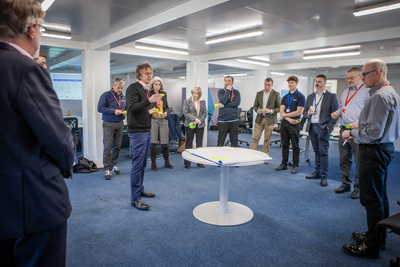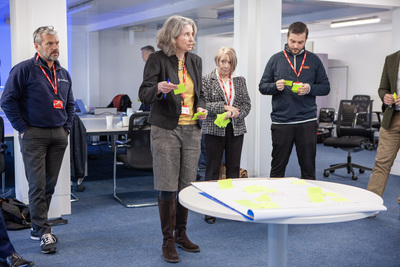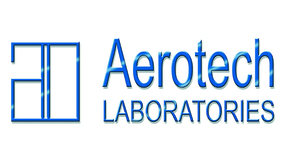With major aircraft and aero engine manufacturers making big commitments around achieving net-zero greenhouse gas emissions by 2050, a new study is being launched to plan how supply chain companies in one of the largest aerospace clusters in the world could achieve these ambitious targets.
Although there have been many commitments to net zero, the challenge remains to generate a credible strategy for achieving it by 2050 in the upstream aerospace manufacturing supply-chain.
Led by the Midlands Aerospace Alliance, the Decarbonising the Midlands Aerospace Cluster (DMAC) project aims to address this. The project is one of twelve that has recently received funding from the UK Government Department for Energy Security and Net Zero (DESNZ) Local Industrial Decarbonisation Plans programme, as part of a £6 million initiative to encourage industrial clusters to develop decarbonisation plans.
With support also coming from Innovate UK, the project will explore what are known as the upstream Scope 3 emissions* into the aircraft and engine makers that are produced in the supply chain, which have proved notoriously difficult for companies to manage consistently and effectively to date. The plan is to develop a blueprint for decarbonising the aerospace cluster including a strategy and methodology that is not only applicable to the Midlands but beyond the region.
Working closely with industry partners, the project will identify the key areas of implementation, further research and key policy and infrastructural dependencies. The MAA has partnered with six leading Midlands aerospace suppliers. ITP Aero and Collins Aerospace are the Tier 1 aerospace companies that will directly support the programme, ensuring that the Midlands approach aligns to the needs of the global aerospace sector and their customers. Together with SMEs Arrowsmith, G&O Springs, Technoset and Helix, the team will provide the baseline data for scope 1, 2 and 3 emissions.* All companies involved will also support subsequent work packages to develop the strategy to achieve net zero business operations by 2050.


During the life of the project, this core team will regularly share what they have learned and their strategies with the wider Midlands aerospace cluster as a practical guide other companies can follow with confidence. They will also brief regional and national government bodies on the most effective ways government can get behind the plans.
“Decarbonisation is essential to the future of the Midlands’ aerospace industry and we know the cluster’s responsibility in this area as well as the opportunities it brings,” said Dr Andrew Mair, Chief Executive, Midlands Aerospace Alliance. “But it is notoriously hard to move fast in aerospace given tightly controlled sector-specific materials and processes for manufacturing aircraft parts that have a long in-service life. This provides a key challenge for the cluster which we are excited to tackle through this cluster decarbonisation project, with the ambitious aim of developing in detail credible and feasible solutions to reduce emissions in the region’s aerospace cluster.”
* Scope 1: Covers greenhouse gas emissions that a company makes directly. Scope 2: Indirect emissions from purchased ‘electricity’ consumed on-site by the company. Scope 3: Emissions a company is responsible for up and down its value chain.







